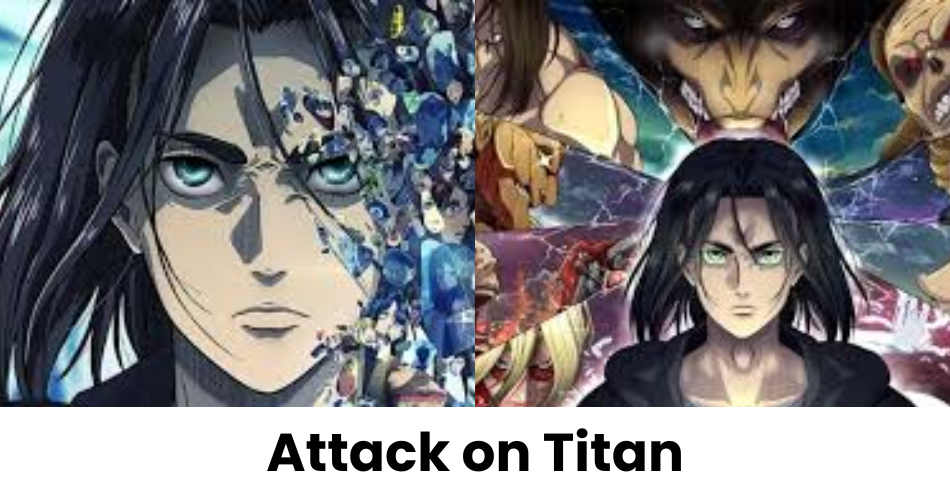Introduction
The anime series Attack on Titan made its explosive debut in 2013, and quickly rose to international acclaim, capturing audiences with its gripping storyline, rich characters, and breathtaking animation. Based on the manga by Hajime Isayama, the first season sets up an intense narrative that is both visually stunning and emotionally compelling. Here’s a deep dive into what made this season stand out.

Plot Overview
Set in a world where humanity teeters on the brink of extinction, Attack on Titan explores the harrowing life behind massive walls built to protect the remaining population from colossal humanoid creatures known as Titans. The story centers around Eren Yeager, his adoptive sister Mikasa Ackerman, and their friend Armin Arlert. After a devastating attack by the Titans that breaches the outer wall of their town, Eren vows to eradicate the Titan threat, setting in motion a series of events that reveal the darker mysteries of their world.
World-Building and Atmosphere
One of the most commendable aspects of Attack on Titan Season 1 is its intricate world-building. The series creates a richly detailed dystopian environment that feels both vast and claustrophobic, as humanity is confined within towering walls. This setting, combined with a haunting musical score by Hiroyuki Sawano, creates an atmosphere of constant tension and urgency. Every scene is infused with the looming dread of attack, which keeps viewers on the edge of their seats.
Character Development
The characters of Attack on Titan are one of its strongest suits. Eren Yeager, driven by his intense hatred of the Titans, is a protagonist fueled by profound grief and determination. His journey from a vengeful teenager to a key figure in humanity’s struggle is both harrowing and captivating. Meanwhile, Mikasa Ackerman offers a portrayal of unwavering loyalty and strength. Her backstory provides depth to her fierce combat abilities and devotion to Eren. Armin Arlert, often seen as physically weaker, provides the intellectual backbone of the trio, using his keen strategic mind to navigate dangerous situations.
Supporting characters such as Captain Levi, Commander Erwin, and the rest of the Survey Corps add further depth and diversity to the narrative, each bringing their unique perspective and backstory, which enrich the series’ complex social and military structures.
Themes
Attack on Titan doesn’t shy away from tackling dark and thought-provoking themes. Questions about survival, freedom, and the essence of humanity are interwoven through the episodes. The show often delves into moral ambiguity, exploring the price of freedom and the sacrifices it demands. The portrayal of fear, loss, and hope in the face of seemingly insurmountable odds resonates on a deeply emotional level, often invoking wider reflections on our own world.
Animation and Action Sequences
The animation quality of Season 1 is superb, with WIT Studio delivering high-decibel battles and fluid motion sequences. The use of 3D Maneuver Gear provides dynamic and exhilarating action scenes that are both innovative and visually impressive. The Titans themselves are animated with a terrifying presence, capturing their sheer monolithic menace.
Conclusion
Overall, Attack on Titan Season 1 is a masterclass in storytelling, combining riveting action with profound philosophical undertones. Its ability to blend visceral excitement with layered narrative depth makes it a standout in the anime genre. For fans of action, mystery, and drama, this season sets a high standard and lays a strong foundation for the series’ ensuing seasons.
For those on the fence about diving into this anime juggernaut, Season 1 of Attack on Titan is an absolute must-watch, promising a journey that is as thought-provoking as it is thrilling.
